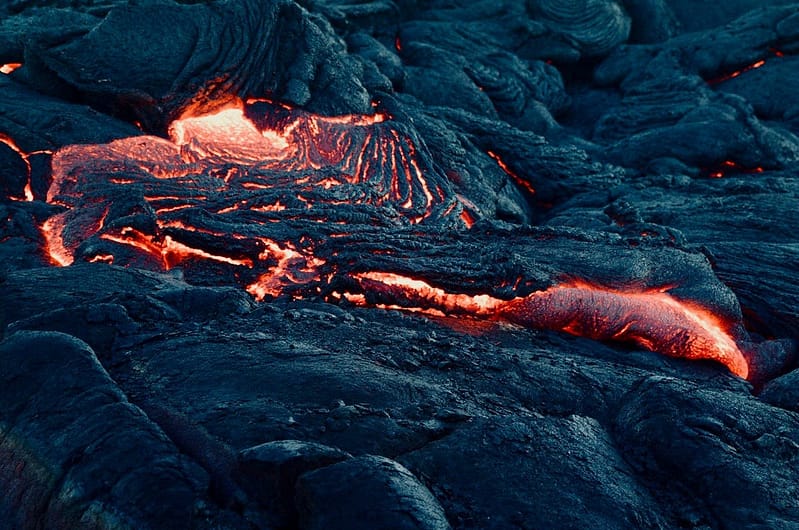Unveiling Tungurahua: Pronunciation, Origins, and Cultural Significance
Have you ever heard of the word “Tungurahua”? It’s not just any word—it’s the name of a majestic volcano in Ecuador’s heart. But here’s the twist: many people find it tricky to pronounce the phrase tungurahua. Some might say “Tun-GU-Ra-ho-ah” or even “Tun-GU-Ra-WA,” but the correct pronunciation is slightly different.
In this blog post, we’ll unravel how to pronounce this fascinating word correctly. Our goal is simple: by the end of this article, you’ll confidently know how to pronounce it. Plus, we’ll delve into its origins and why it holds such importance in Ecuadorian culture. So, let’s dive in and discover how to pronounce the word “Tungurahua” together!
Understanding ‘Tungurahua’
Ecuador’s Tungurahua volcano is a tall mountain, rising more than 16,000 feet. Its name derives from the Quechua language, which the native Andean people speak. In Quechua, “Tungurahua” means “Throat of Fire” or “Throat of the Earth,” describing its volcanic activity. This name is more than just a description; it holds spiritual meaning for Ecuador’s indigenous communities, symbolizing nature’s power and renewal. Understanding “Tungurahua” helps us appreciate Ecuador’s natural beauty and cultural heritage.
Many people find it hard to say “Tungurahua” correctly. Here are some ways they might get it wrong:
Tun-gu-ra-hoo-ah: This adds extra sounds and doesn’t sound quite right.
Tun-gu-ra-wa: This changes the ending to “wa” instead of “hua.”
Tung-uh-ra-hwa: Here, the vowels and stresses are mixed up, making it sound different.
People often struggle because they’re not familiar with how Quechua, the language it comes from, sounds. Quechua has unique sounds that don’t match English sounds precisely. For example, the “hua” part is one smooth sound in Quechua that’s tricky for English speakers. Also, the stress is on the second syllable, “gu,” which isn’t how English usually stresses words. These differences make it hard for people to say “Tungurahua” correctly. Understanding these challenges can help you say it right and respect its cultural importance.
Correct Pronunciation
To pronounce “Tungurahua” correctly, you can use this phonetic spelling: Toon-goo-RAH-wah. Let’s break it down.
- Start with “Toon,” like the word “tune.”
- Next, say “goo,” as in “gooey.”
- Then, say “RAH,” like “rah-rah cheer.
- Finally, say “wah,” like the end of “Hawaii.”
- Put it all together: Toon-goo-RAH-wah.
That’s it.
Cultural Context of the Word Tangurahua
Tungurahua is very important to the people of Ecuador. It’s more than just a volcano; it’s a part of their lives and history. The volcano has erupted many times, shaping the land and the stories of the people who live nearby. They respect and honour it, seeing it as a powerful force of nature.

Interesting Myth About this Word
There are many myths and stories about Tungurahua. One story says the volcano is a powerful spirit watching over the land. Some people believe that when Tungurahua erupts, it is a sign from the gods. These stories show how much Tungurahua means to the people and how it plays a significant role in their culture and beliefs.
Tips for Pronunciation
Break It Down
Practice each part of the word slowly. Say “Toon,” then “goo,” then “RAH,” and finally “wah.”
Repeat
Repeat the word several times to get used to the sounds.
Listen and Imitate
Listen to native speakers say “Tungurahua” and try to copy them.
Takeaway
Keep practising saying “Tungurahua” correctly. Understanding how to pronounce it helps us appreciate this impressive volcano’s rich culture and history. Give it a try, and share what you’ve learned with others!
Continue your journey of learning with our latest posts! Click here to explore more on howtothings.net.
